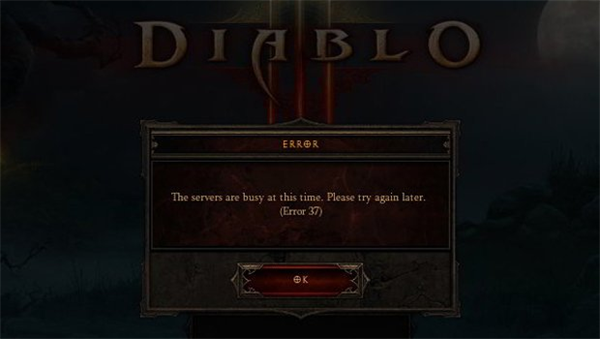Saturday, November 2, 2013
Why absolutely no one in the gaming community is surprised about Healthcare.gov
I don't like getting political, there's nothing I hate reading more than a partisan political sermon. But I'm not going to talk about politics. I'm not even gonna talk about health care. I'm going to talk about reasonable expectations for internet access and problem solving in this country. Both parties in America have collectively face-palmed over Healthcare.gov's inability to function. The tone I hear is one of complete surprise at something the pundit community seems to believe is almost unprecedented.
A website not working?! I understand how most folks can go through their professional lives and never feel the brunt of a really nasty connectivity issue. But here in Vidja Gameland, it happens all the goddamn time. Simcity is the most recent fiasco I can think of, and even in the long and storied history of video game launch disasters, it was really sumthin' special. EA had underestimated their sever load (how many people that it can support online at a time) by what seemed to be several million. The game literally didn't work for weeks.
Amazon pulled it from their proverbial shelves and critics (who had played it before release on private servers) updated their reviews to inform the public. Russ Pitts from Polygon had a particularly heavy conscience:
"Given this currently horrendous state of both accessibility and playability, and acknowledging the fact that even the drastic changes EA has made to the game in its attempts to address them haven't worked, it is hard to continue to recommend SimCity. The experience currently on offer is now significantly altered from what was reviewed, and there is simply no guarantee that the existing server issues will go away, nor what further changes may be made to the game in order to address them". - Russ Pitts, Polygon Features Editor and SimCity reviewer
Fans demanded an offline mode until the issues were fixed. But the developer assured the public that because of the way the game's artificial intelligence worked, an offline mode simply wasn't possible. It wasn't long before the game's more industrious fans discovered that not only did the game not appear to have any significant artificial intelligence at all (citizens only would work at the closest job and live in the closest home and a bunch of other embarrassing stuff), but eventually modded a perfectly functional (but very illegal) offline mode all by themselves.
It was plainly clear that the only motivation for the online connection came from upstairs. EA wanted an always-online Simcity no matter the cost. The funny thing was, Simcity was still a pretty big hit that didn't wind up costing them much at all.
That was barely six months ago, and a game that was reasonably anticipated, but not necessarily a blockbuster. But let's wind the clock back bit to summer 2012, and talk about a game that had fans clamouring for over 12 years...
How well did it launch? Well, you could make the argument that for hundreds of thousands of it's customers, it never launched at all. The problem went on for at least two more weeks. Customers couldn't reliably use their product because the demand was too great. So why does this happen? Why can't websites and online games just be "better?" To accurately answer that question I'd need a whole semester of an eerily specific telecommunications class, but here's the issue as I understand it.
Renting servers is expensive and you never want more server space than you need. But no one can see the future and you can never truly know how much you'll really need. "So just buy enough servers to feed the demand." Good point disembodied straw man! But what if you break the bank on enough servers and the demand goes into a freefall? Then you're only doubly screwed.
The whole point I'm driving at here is that the American government doesn't necessarily suck at running a website. Or at the very least, some of the most powerful entertainment companies in America and Canada (whose profit margins are almost entirely based around connecting to the internet) screw up just as spectacularly. This may be a humongous embarrassment to the Obama administration, but he's got so many more important things to do and even other more important scandals to worry about. The best and the brightest of the private sector don't seem to be any more competent.
Subscribe to:
Post Comments
(
Atom
)



No comments :
Post a Comment